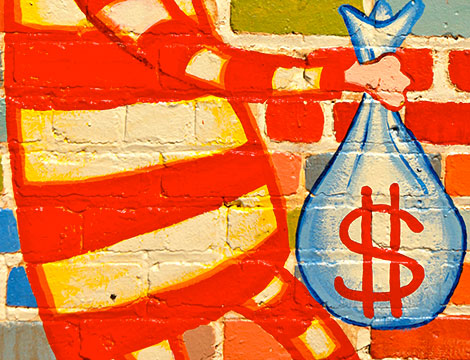
This article was originally published by Political Violence @ a Glance on 24 August 2017.
In a recent Politico op-ed urging Congress to consider the importance of United States foreign aid programs, Admiral Mike Mullen (Ret.) and General James Jones (Ret.) insisted that “[s]trategic development assistance is not charity; it is an essential, modern tool of U.S. national security.” The authors focus particularly on the importance of this tool in countering violent extremism in distant regions.
With the advent of the “Global War on Terror” directed at al-Qaeda and its affiliates, the United States has developed a pattern of increasing aid funds to countries that experience any terrorist activity that poses a clear threat to its security. This has led to increasing concern among activists that the United States has taken a turn away from targeting development related goals to focus more on using foreign aid to strengthen the military capabilities of recipient governments. Such a shift presents a potential problem as aid aimed at activating an immediate counterterrorism response is often allocated directly to the recipient government with low accountability for how those funds are used.

